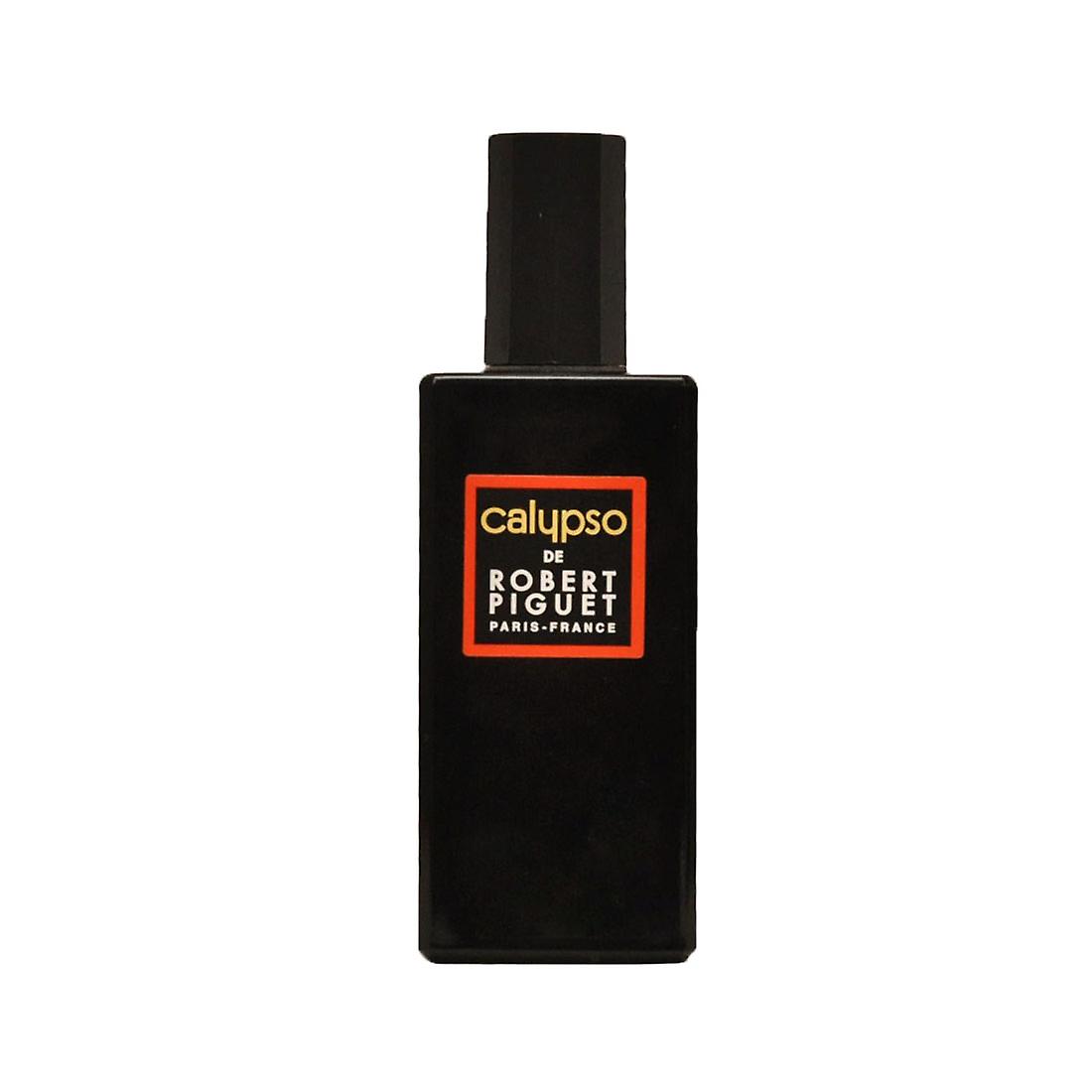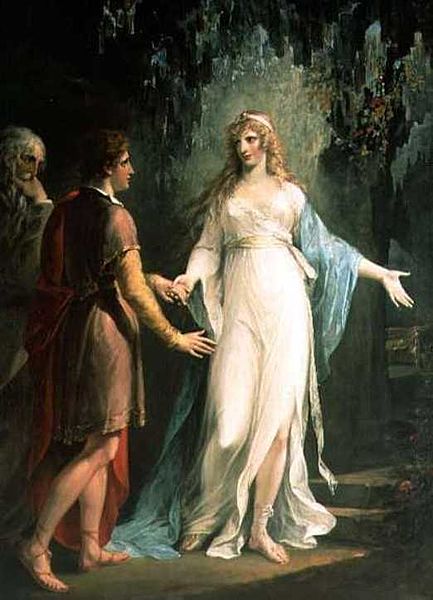
My latest favorite perfume, Calypso by Robert Piguet, received some harsh criticism on Fragrantica. I’d like to restore its reputation a bit.
Calypso is a Greek goddess with the heart of a woman. Unlike the proud and aloof Aphrodite, she knows how to love. When the battle between the gods and the Titans began, Calypso sided with the Titans. The Titans lost, and the gods could not forgive their sister. She was exiled to a remote island in the Mediterranean Sea, the island of Ogygia, where there were no trees, only shells, sea foam, and countless wild rose bushes. Calypso and her handmaidens dedicated themselves to the fine arts, singing, dancing, weaving, and painting. As I mentioned, she had a passionate woman’s heart, she knew how to love. And as punishment, once every thousand years, the gods sent her a hero whom she would inevitably fall in love with, and the hero would reject her, leaving Calypso’s heart broken for another thousand years.

One such story was described by Homer in his Odyssey, when Odysseus found himself on Calypso’s island. She seduced him, enchanting him with her beauty, her music, and her dances, and for seven years, he forgot about his Penelope. He spent seven years with her, and then he demanded to be released. She helped him sail away from the island, and for the next thousand years, she remained alone.

In this perfume, there is nothing about the sea. Absolutely nothing. There is no foam, no salt, no aquatic notes whatsoever. Instead, there are geraniums and roses, an abundance of roses, just like on her island. If a thousand years ago, Calypso was a lonely goddess, today she is more like an actress, a theater artist. She comes home after a performance, removes her makeup, changes into jeans and a t-shirt, and walks home through the twilight streets. The city hums around her, life goes on around her, but she remembers all the millennia of her past lives and no longer takes risks. She knows how to love, but she won’t let anyone get close. This fragrance is about loneliness, about femininity and solitude. She is beautiful, she is passionate, but she will forever remain alone.

Actually, I’d like to say that Robert Piguet has always had a unique perspective on femininity. There is no weakness here. There is vulnerability… the vulnerability of loneliness. But there is no delicacy, no lightness. It’s a heavy fragrance, a beautiful fragrance. Men have always complimented it. It’s one of my most complimented perfumes. Speaking of Robert Piguet, he created Bandit, which was worn by Maya Plisetskaya and Lilia Brik—two completely different women. Maya Plisetskaya, a refined swan with an incredibly long neck and grace that few can even replicate today, lived in that elegance. And Lilia Brik, who turned an entire era on its head, who brought to the 20th century something it wasn’t supposed to have: she seduced men boldly, they were all at her feet, she lived with two husbands at the same time, wore transparent dresses when women were afraid to even unbutton an extra button.



Both of these women adored Bandit. For those who know this fragrance, it’s a chypre, a dense chypre with notes of burnt rubber. An incredibly heavy scent that played the role of shadow on these women, highlighting their fragility. This is Robert Piguet’s view on femininity. The same goes for Calypso: he managed to depict a woman in a way others fear to show. A woman always seduces men, she is made to seduce men, she behaves in a way that draws attention to her, but not Calypso. Calypso no longer plays with men’s hearts, she lives her life, she doesn’t even live for herself, she simply observes this world and brings beauty to it.
